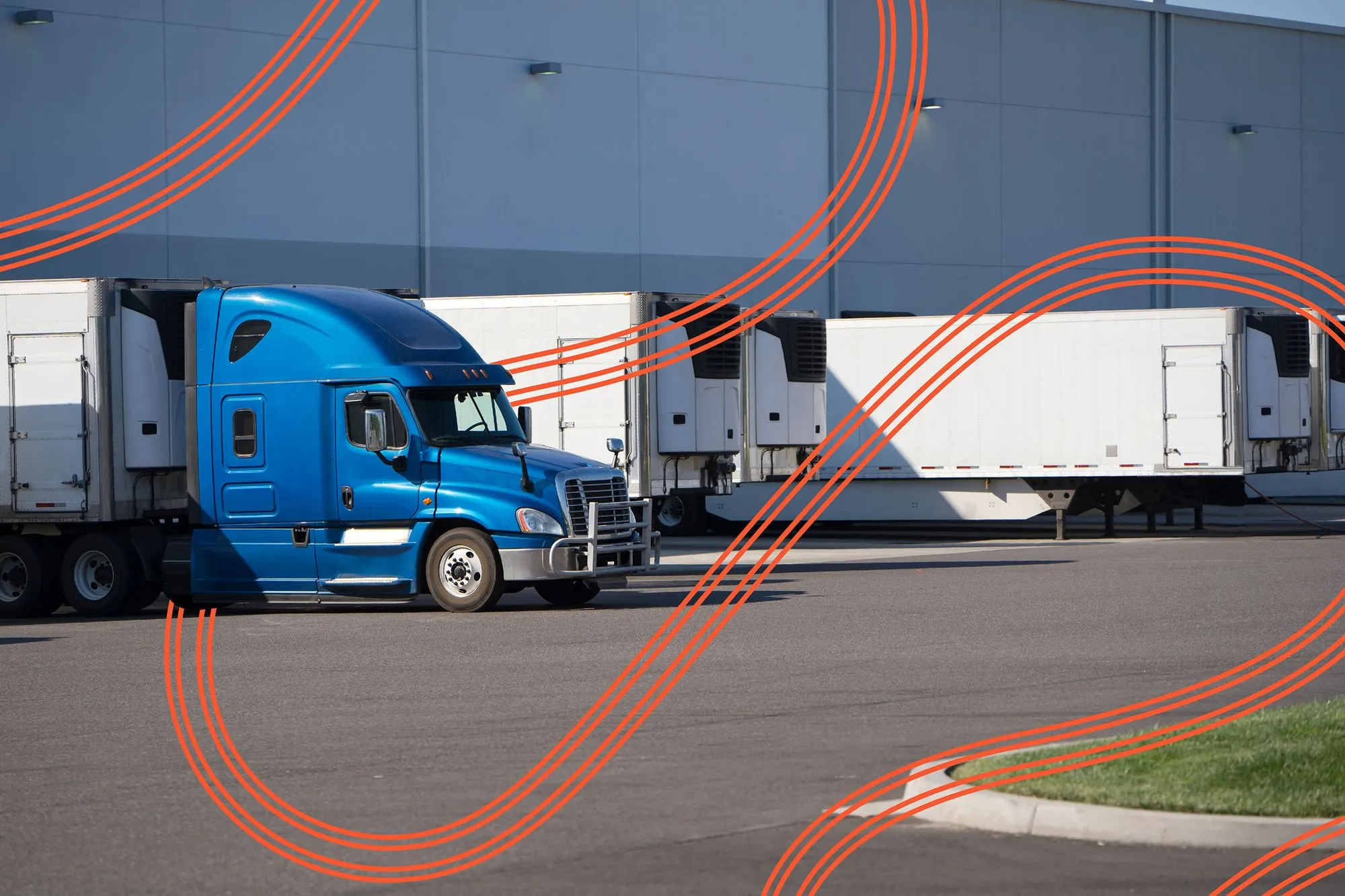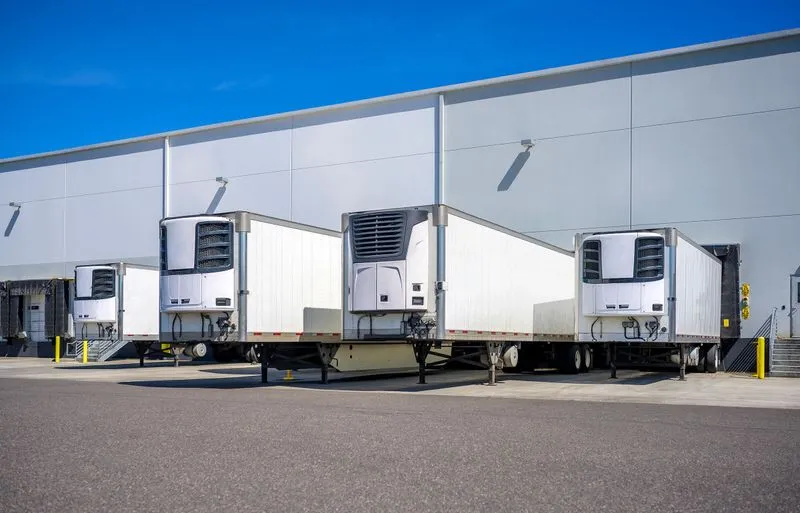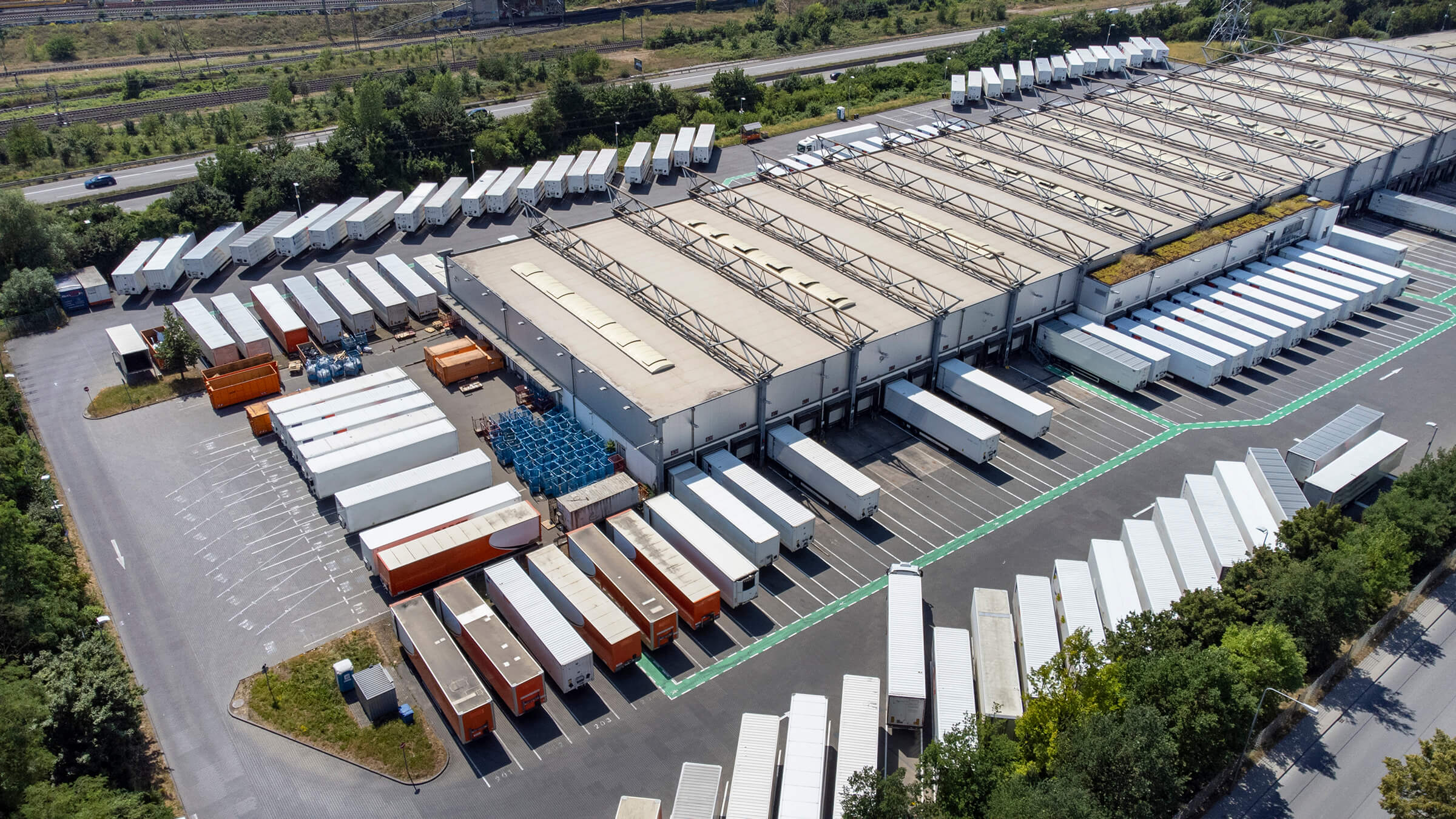
Ever heard of the game Tetris? Now, imagine playing it in real life with massive semi-truck trailers. That's a bit what trailer pools feel like.
This might sound amusing, but for trucking companies and logistics managers, this is an everyday reality to tackle. Constantly juggling available space at drop and hook lots, coordinating between drivers and receivers' facilities, all while keeping tight tabs on delivery schedules can be stressful and inefficient.
The goal? To keep freight moving efficiently without burning holes in pockets or wasting precious time waiting at loading docks - just like trying to fit those Tetris pieces together perfectly without any gaps.
Trailer Pools have become a go-to strategy for companies trying to cut costs and keep their drivers happy in economically challenging times.
Trailer pooling has become a game-changer in the supply chain, notably for the trucking industry. This strategy not only optimizes trailer capacity but also provides an effective solution to common challenges such as dropped trailers and driver retention.
In today's transportation landscape, every moment is valuable. For many companies, time wasted at drop lots waiting for a load can significantly impact their bottom line. With over $280B in annual revenues in the USA being generated by the third-party logistics (3PL) industry, according to Statista, maximizing efficiency is always a top priority. Rentals for building trailer pools using tech-driven platforms like COOP are just one of the ways companies are optimizing fleet utilization. According to industry studies, businesses adopting Trailer Pool and Drop & Hook applications have reported a remarkable 25% increase in overall operational efficiency.

Picture this: A pool of trailers - ready and available when you need them most. That’s exactly what trailer pooling offers businesses. According to FleetOwner, by outsourcing up to 42% of their capacity to other carriers, trucking companies are able to make sure there’s always a suitable trailer on standby for quick pick-up or delivery.
This method enhances dock operations by eliminating wait times associated with live freight loading/unloading – considerably reducing dwell time, which is the driver’s time spent waiting. It doesn’t just stop here; even shippers benefit from faster turnaround times at delivery points which ultimately leads to increased customer satisfaction.
Another advantage lies within improved driver retention rates because drivers spend less time waiting around docks – they're out on the road where they belong. After all, happy drivers mean consistent service levels leading towards success in an increasingly competitive market landscape.

Finding ways to improve efficiency is the silver bullet for freight transportation. A major way businesses are achieving this is through strategic use of trailers, especially extra ones that are flexible and cost-effective.
Time is money, and every moment matters. One increasingly popular strategy to minimize detention is using extra trailers in what's known as drop and hook operations. The idea here is simple: instead of live loading or unloading at delivery points which adds dwell time, pre-loaded trailers are exchanged swiftly - much like a relay race baton pass.
A significant part of a truck driver's day often involves waiting at docks for loading or unloading. According to studies, around 20% of for-hire freight relies on brokerages and 3PLs. These wait times cost companies money and also affect driver turnover.
This problem is where trailer pooling comes into play as a viable solution. Trailer pools let drivers drop loaded trailers at delivery points and immediately pick up another load, thereby reducing dwell time substantially.
So how do trailer pools fit into all this? They're essentially parking lots for extra trailers awaiting pickup by another power unit. With more companies adopting drop and hook methods, trailer pooling has become quite relevant today in the commercial vehicle sharing market. All thanks to its benefits in improving planning process efficiency.
Knowing you can do that flexibly with trailer rentals for drop and hook applications with COOP by Ryder can significantly reduce costly dwell times. Plus, it can potentially boost driver retention.
When it comes to boosting productivity in trailer pooling, technology is the future optimization factor. Technology can be an asset for improving efficiency in trailer pools, providing you with the ability to make more informed decisions quickly.
Technologies like the COOP platform that facilitate efficient rentals to build trailer pools and for use in drop and hook applications have become increasingly popular among companies seeking a competitive advantage amid tight capacity constraints. They allow operators to better plan their deliveries and dock operations.
A trailer pool is a group of trailers that trucking companies use to move freight more efficiently, reducing idle time for drivers.
Freight pooling consolidates shipments from multiple sources going the same way. It optimizes load capacity and cuts down on unnecessary trips.
A universal trailer pool allows any carrier to grab any pre-loaded trailer at a site. This helps reduce wait times and improves productivity because any carrier can use any trailer in their pool.
The ratio varies based on company needs, but often it's 2 or 4 trailers per tractor in drop-and-hook operations for better utilization and flexibility.

From optimizing freight transportation to improving driver schedules, trailer pools play an important role. Having the ability to rent bulk commercial trailers nationwide with the option for delivery, transfers, and repositioning them maximizes cost savings and boosts fleet efficiency.
The COOP platform is a powerful tool that provides rental solutions made for improving productivity and your bottom line one trailer at a time.
Finding trailers for your trailer pools might be challenging, but having a reliable and trusted partner for sourcing vehicles pays off big time.